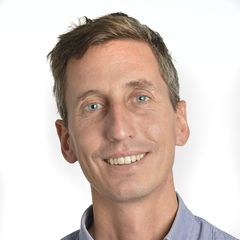Networks
We lazily assume that 'everything is connected', but as Graham Harman has pointed out, we must remember that, in fact, 'everything is not connected'.
The actual configuration of networked technologies creates and reinforces cultural dynamics (rituals) that stress disconnectedness. While most of our daily transactions are facilitated by connected devices, users are largely oblivious to the complex web that constitutes the Internet: a gigantic yet incredibly obfuscated maze of tangled contingencies (including algorithms, tracking technologies, devices, data centers, electricity, marketers, designers, engineers, CEOs, and foremost, user data), which ubiquitously traverses millions of bodies (both human and non-human) spread all over the world. However, regardless of the compelling role of this diverse mesh of bodies in the organization and activation of our so-called networked society, both its intrinsic material and its affective dimensions are dramatically neglected, thus exposing them to increasingly exploitative practices orchestrated by legions of algorithms organized and activated by global corporations and their intermediaries. This, in turn, excludes the possibility of repairing these systems to make them more sustainable in every sense of the word. Thus, it is urgent to create new paradigms that propose a renewed way to imagine the diversity of relationships that occur within the Internet in order to inhabit this system sustainably.





